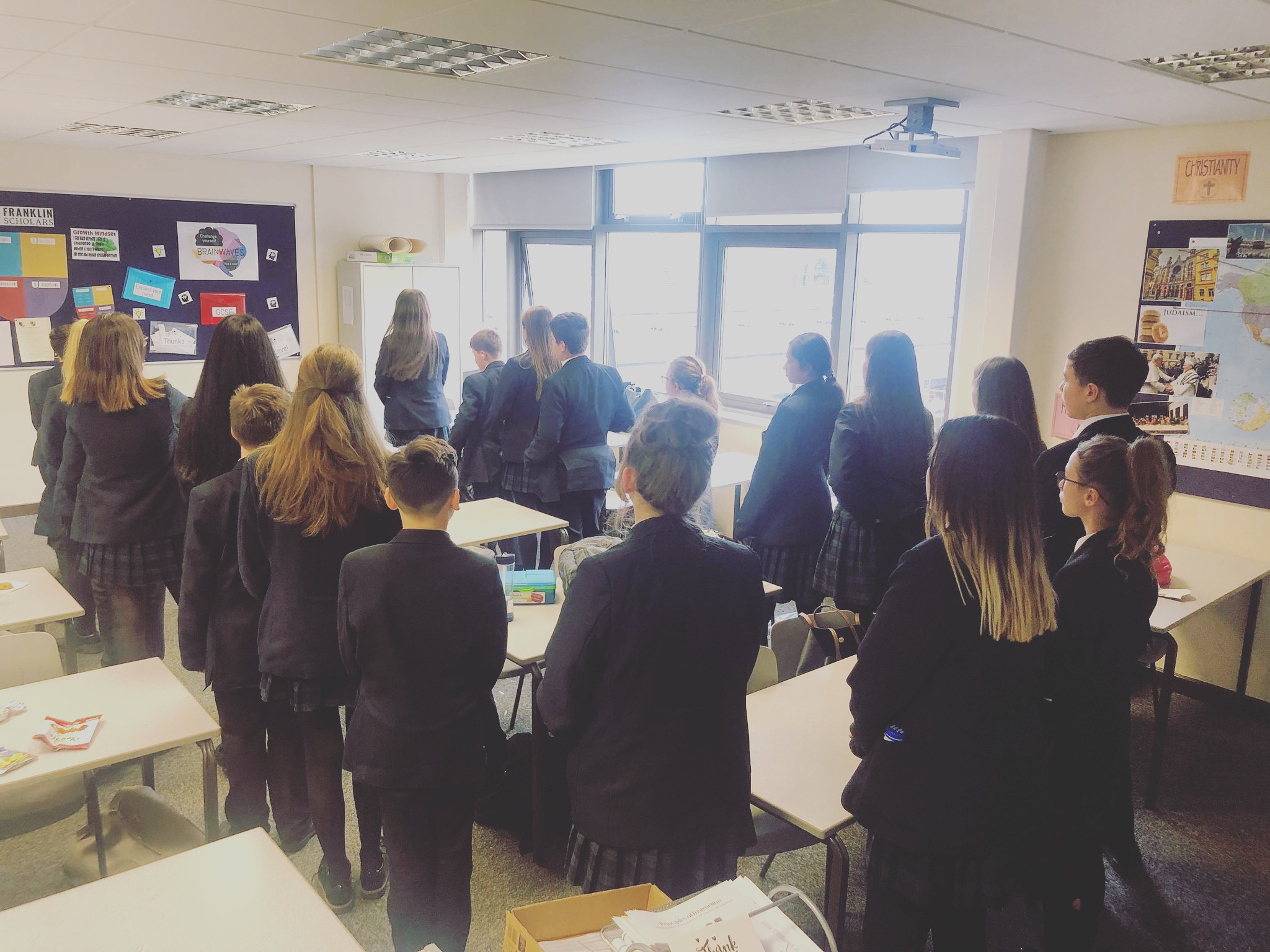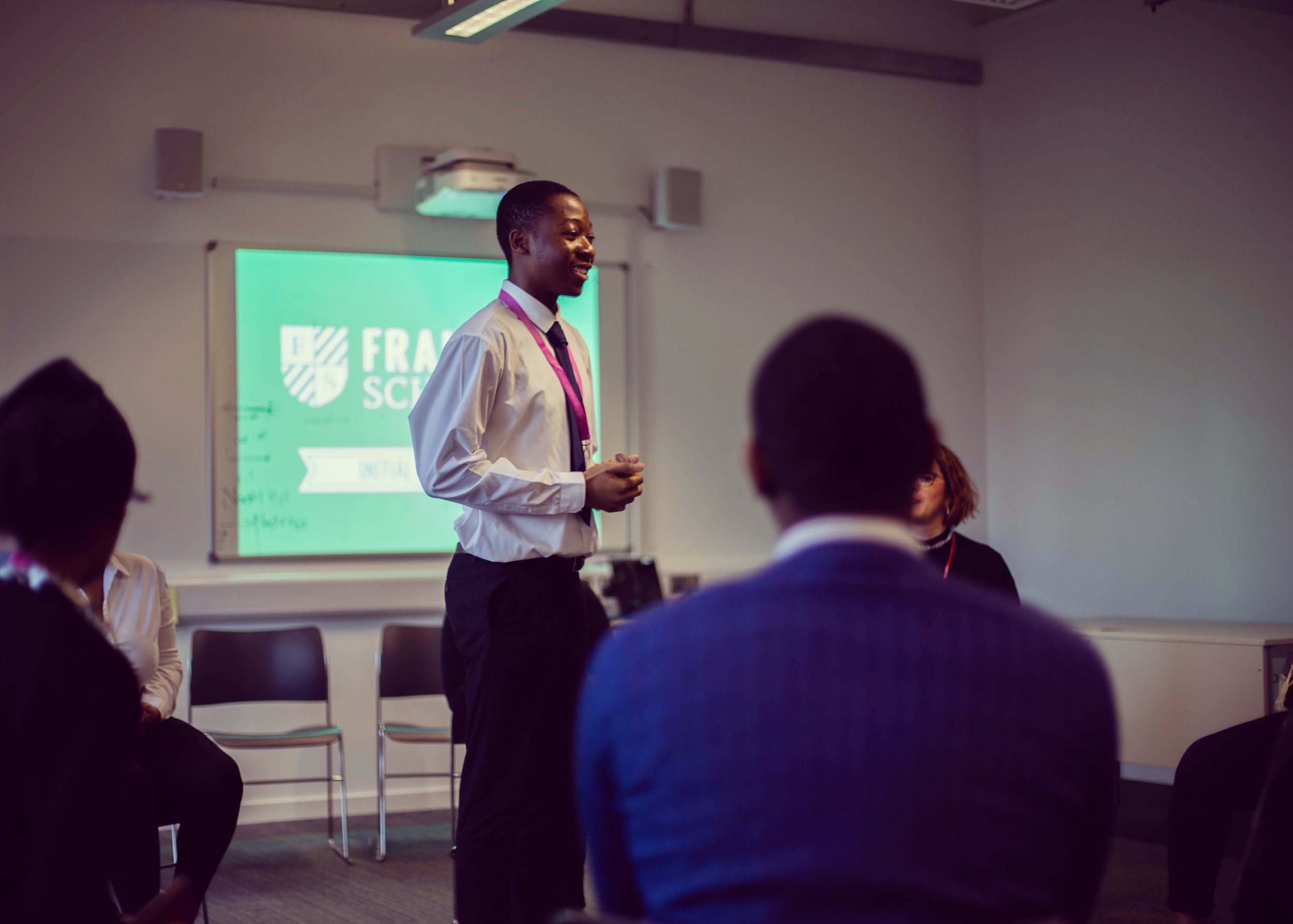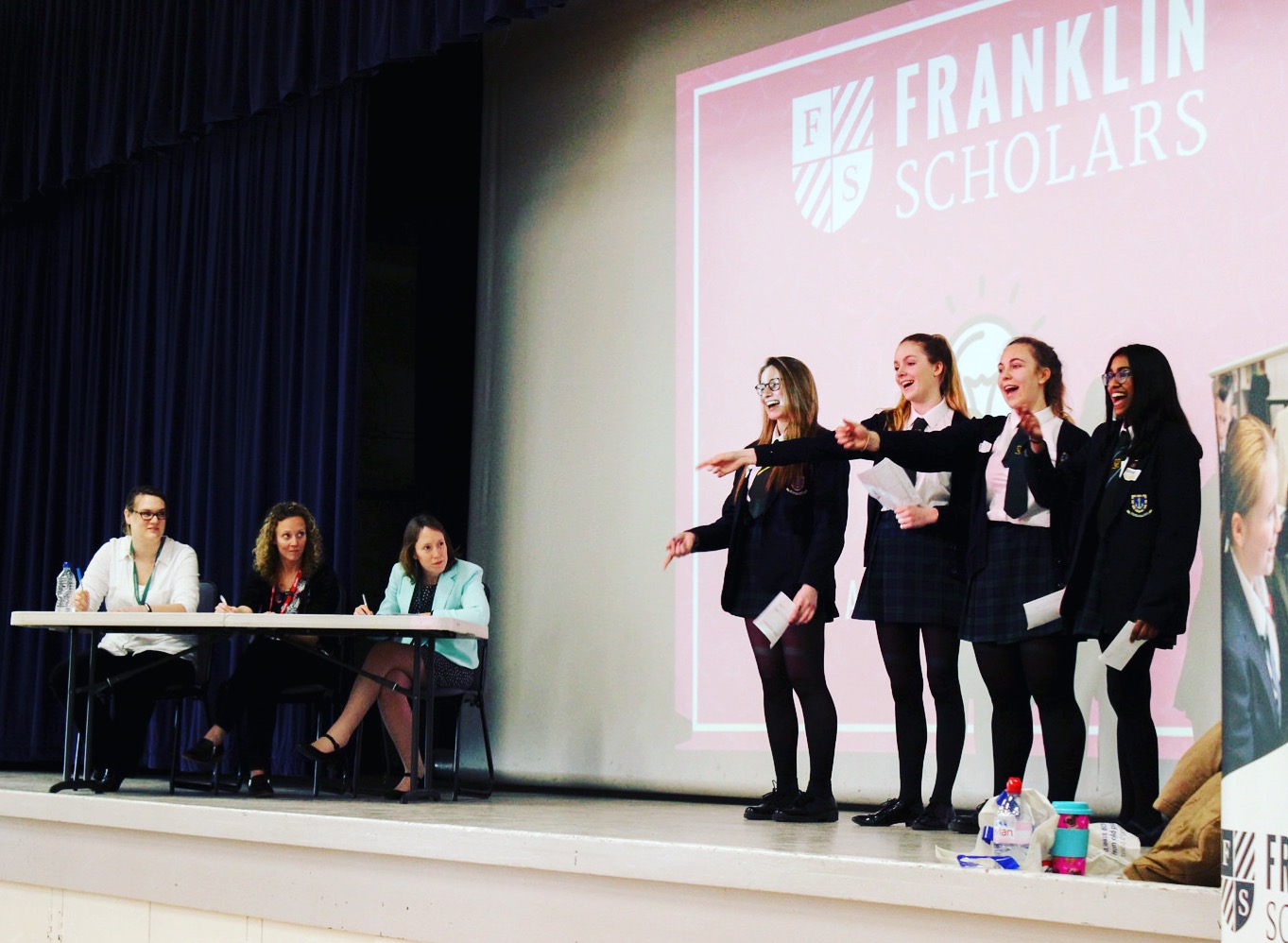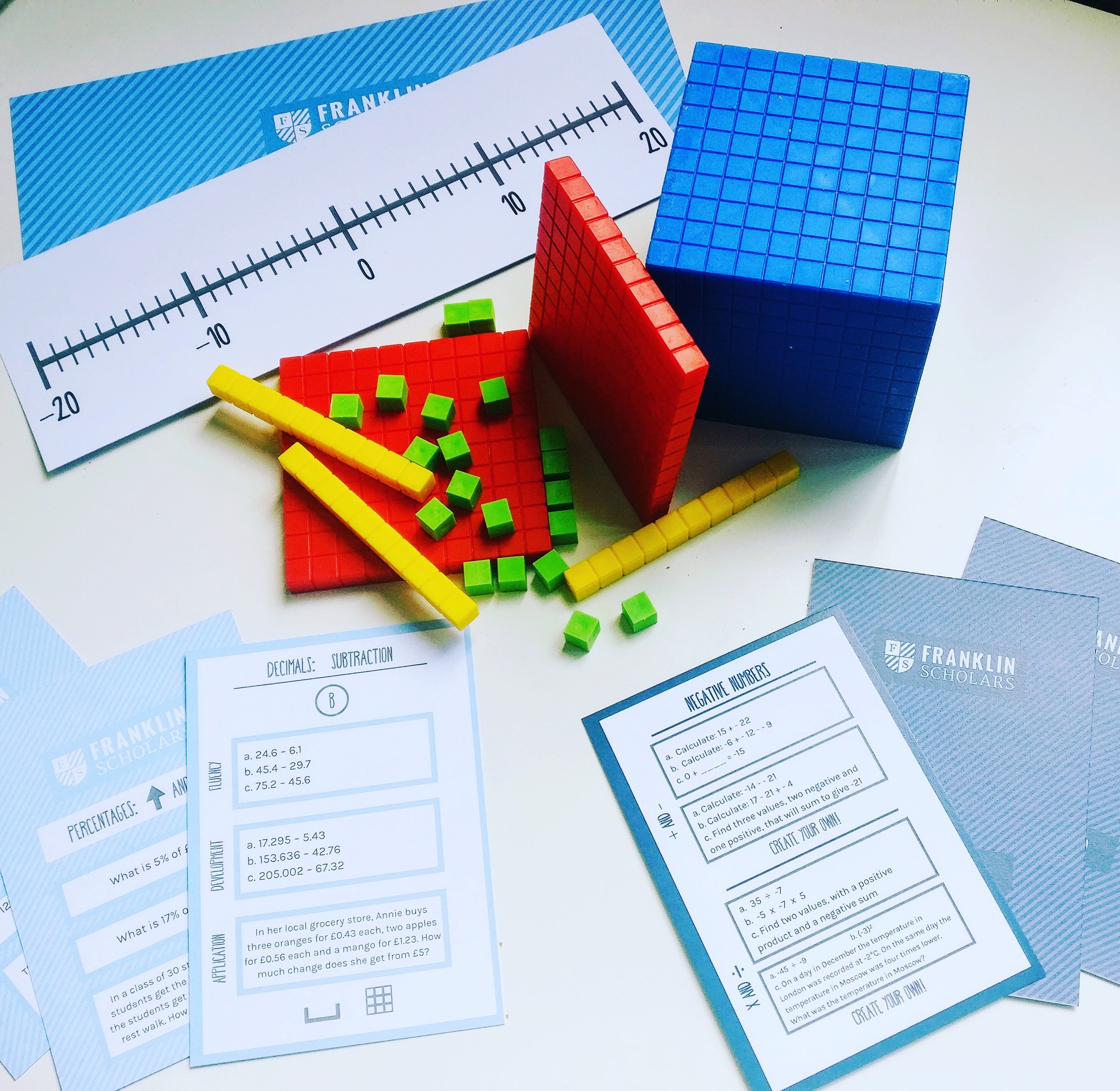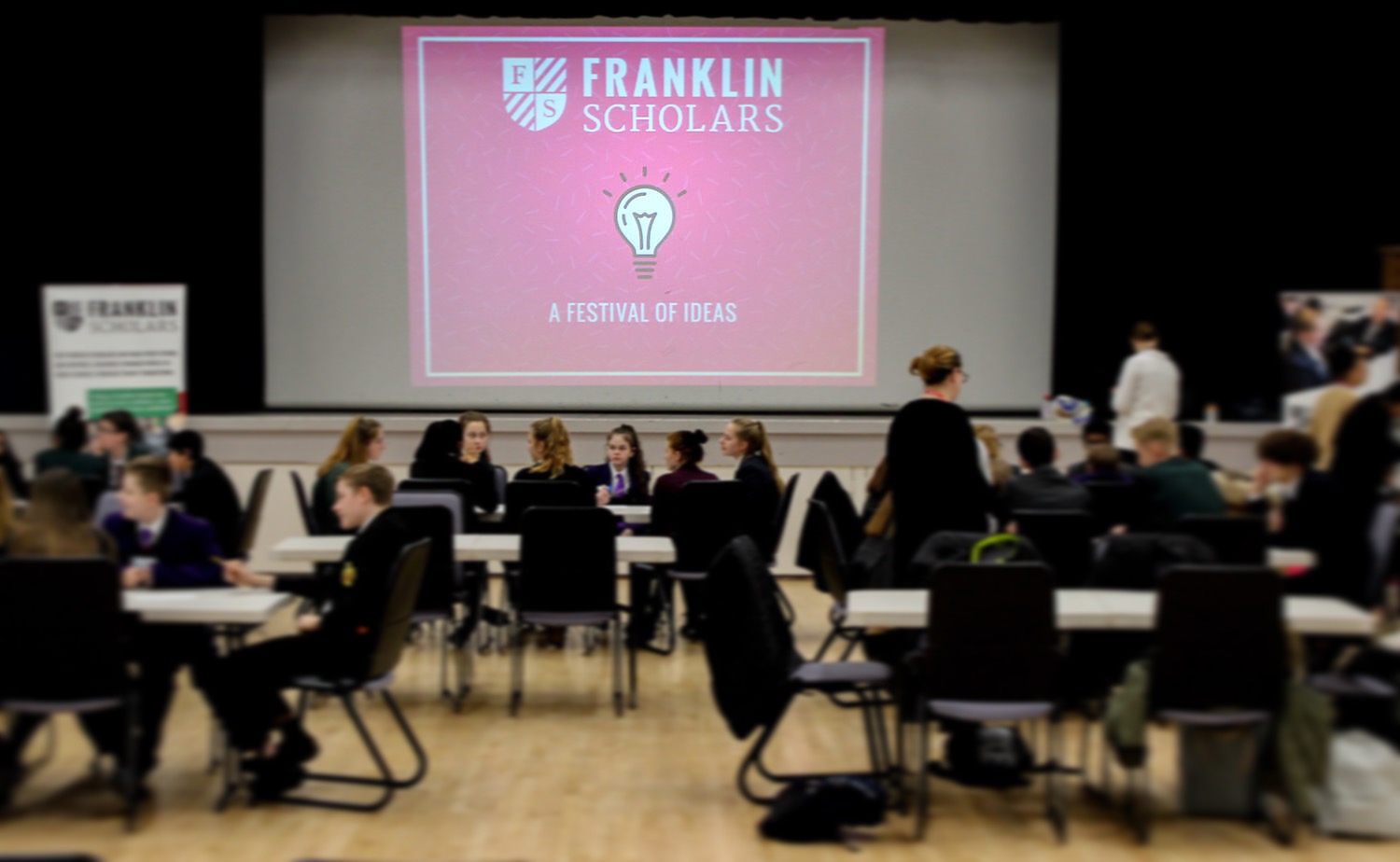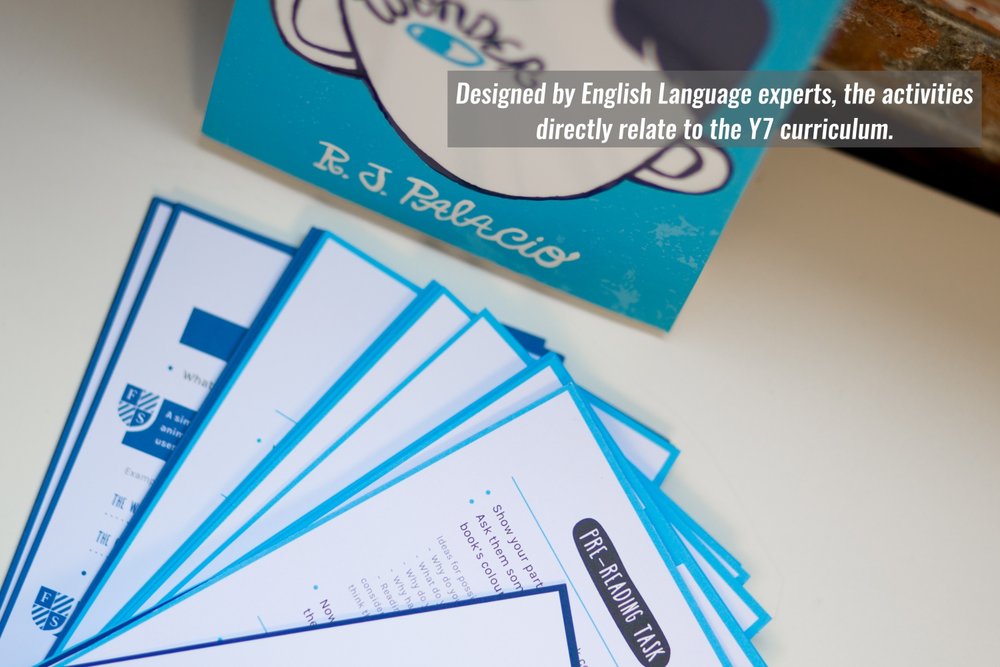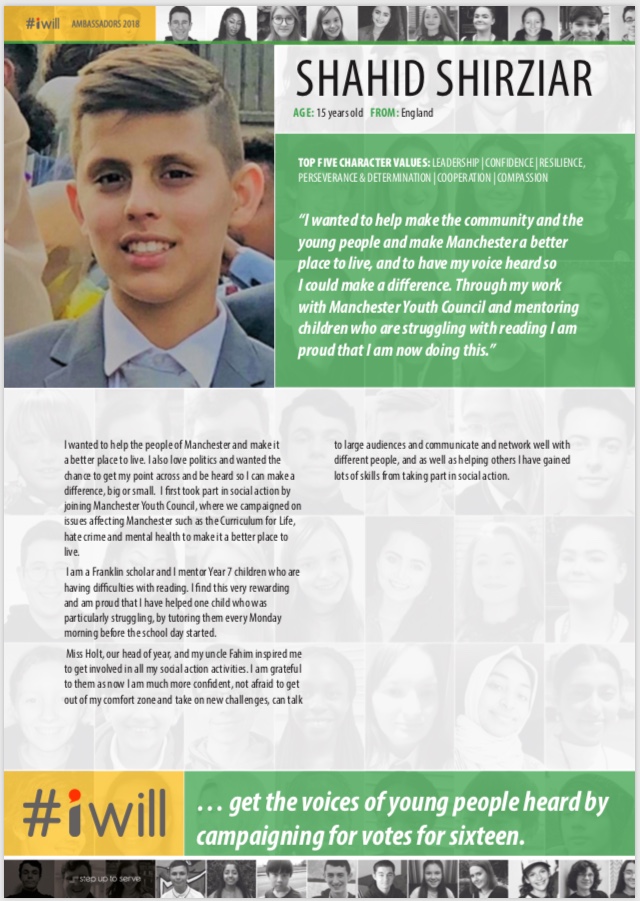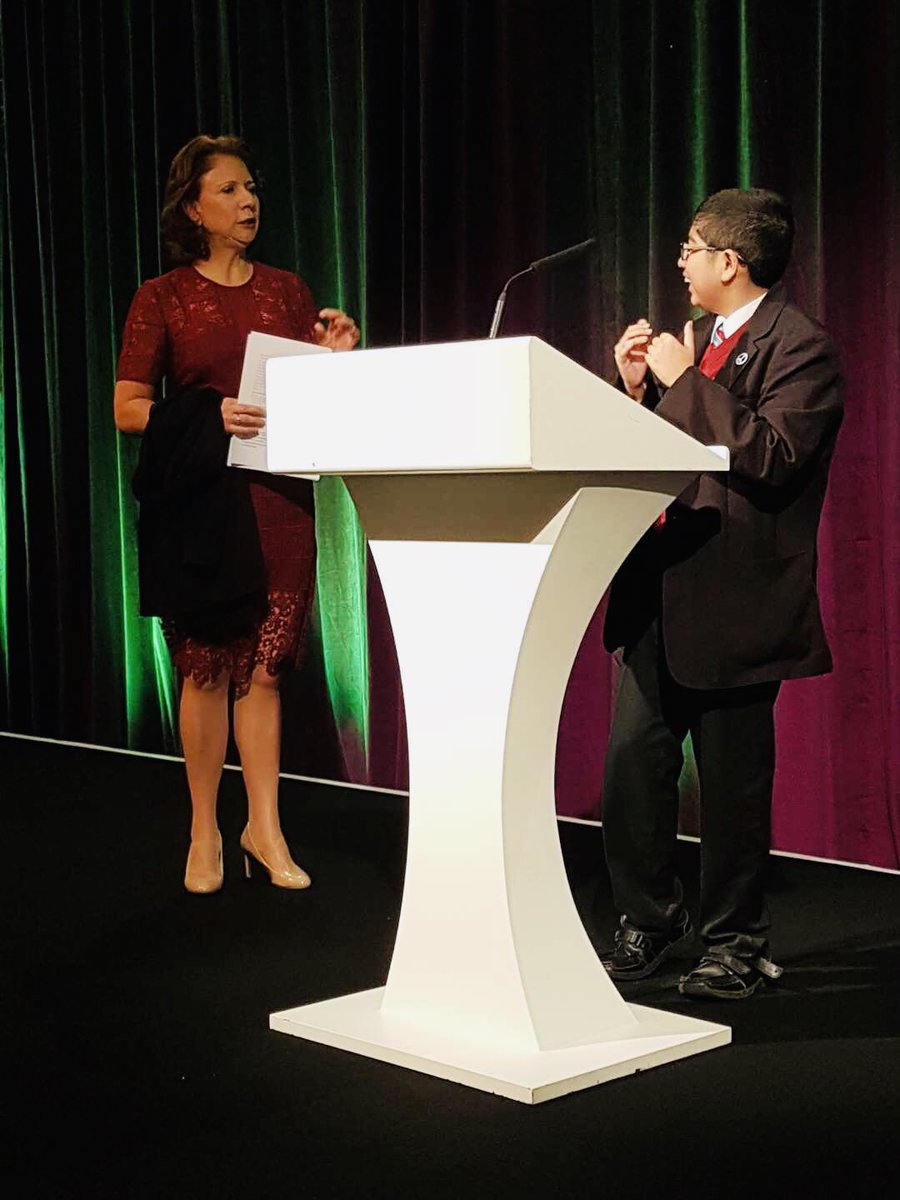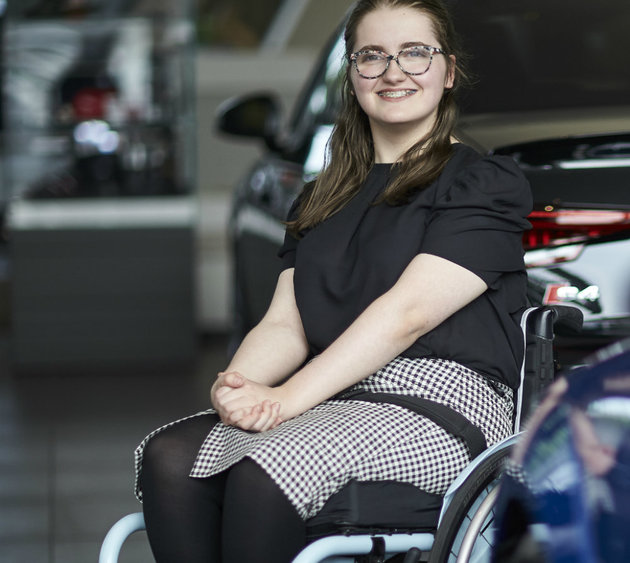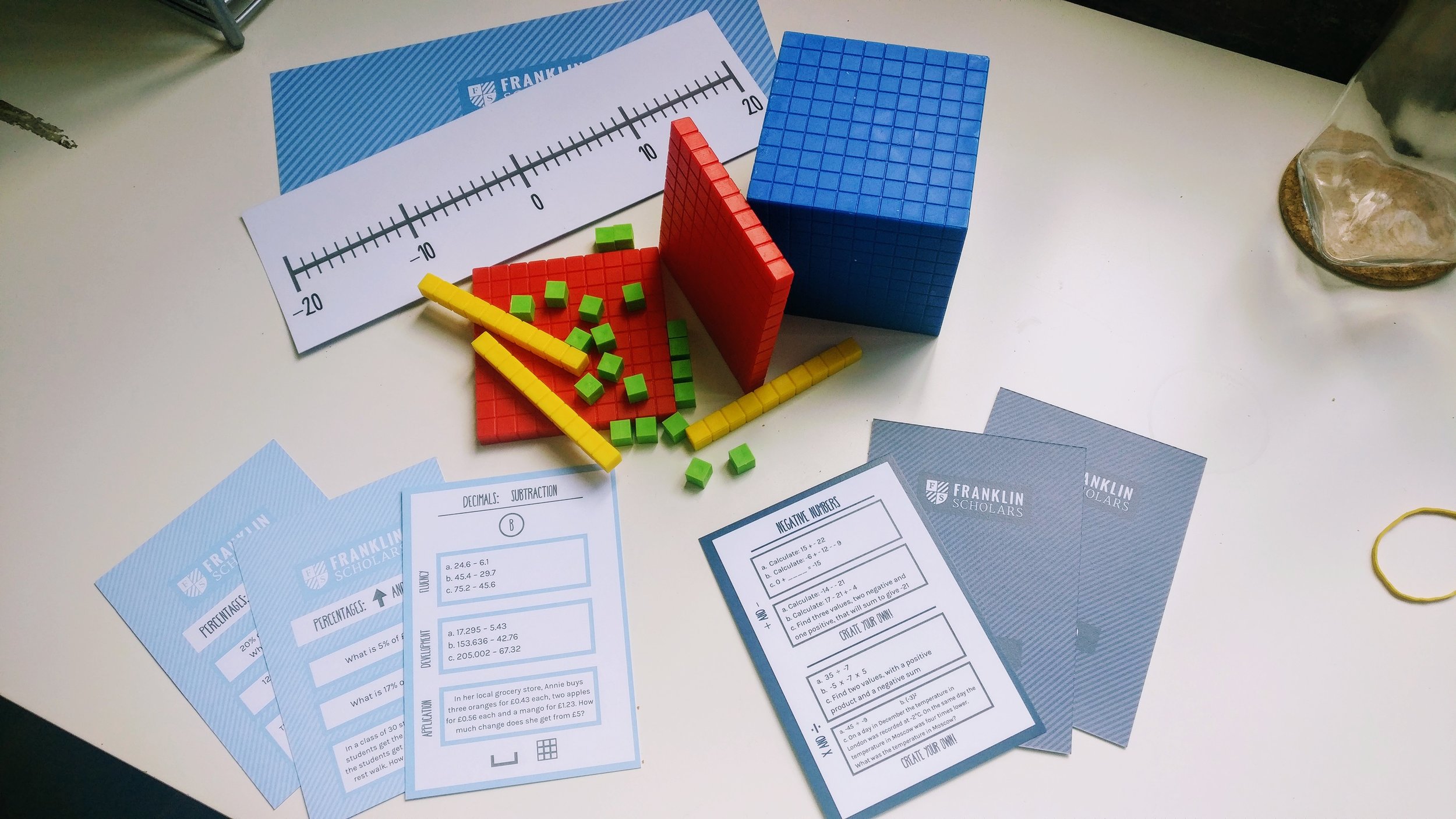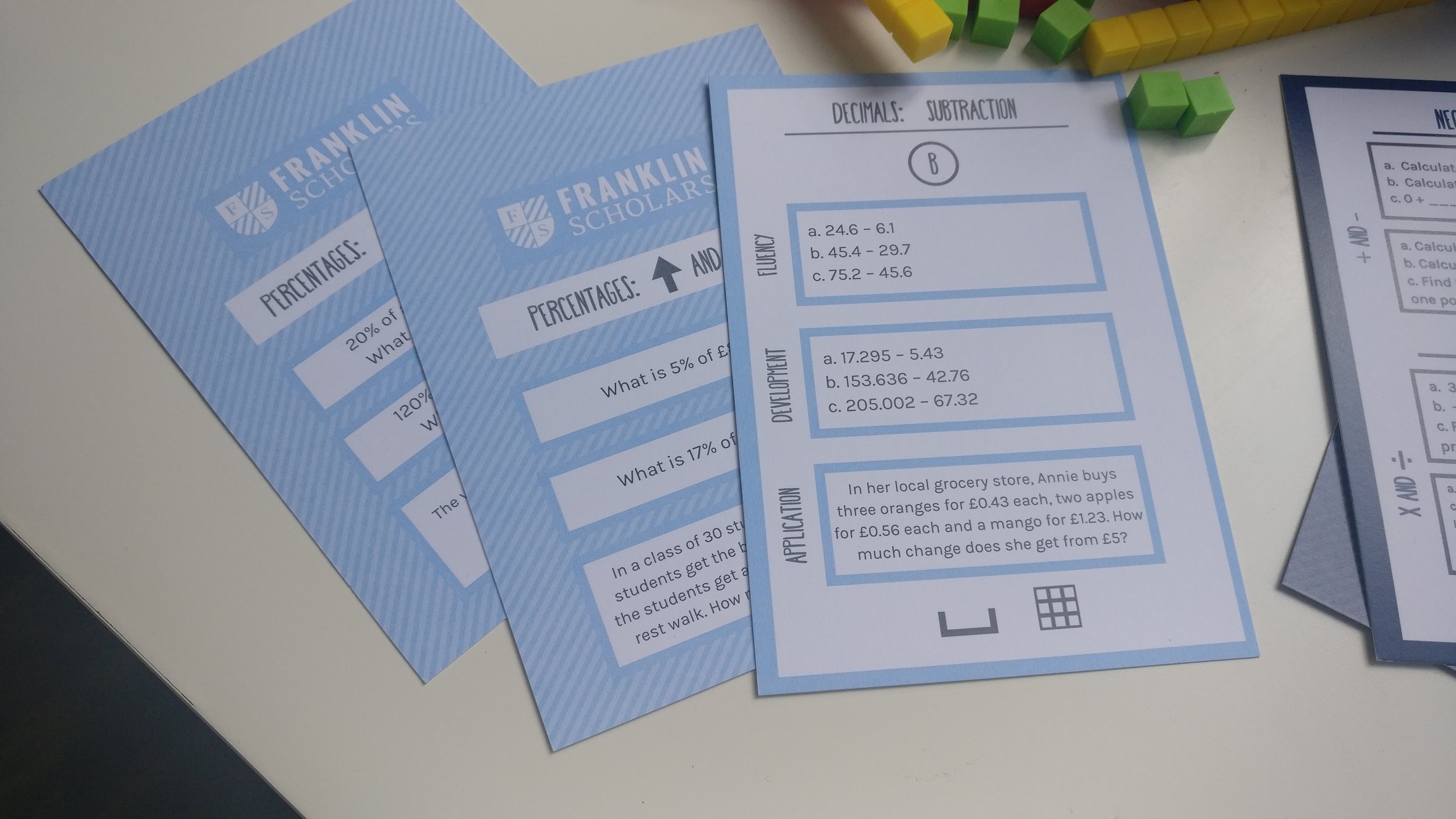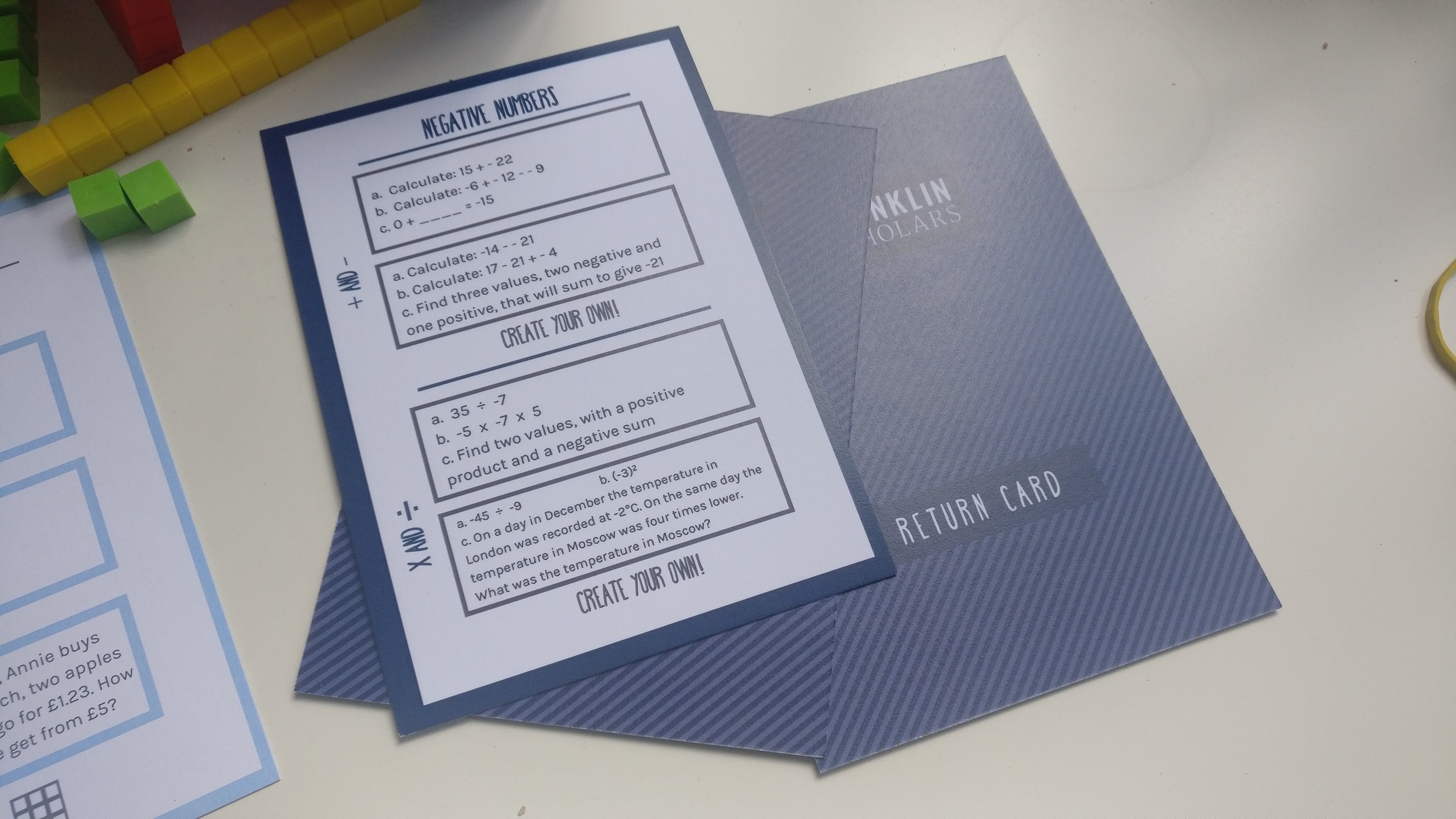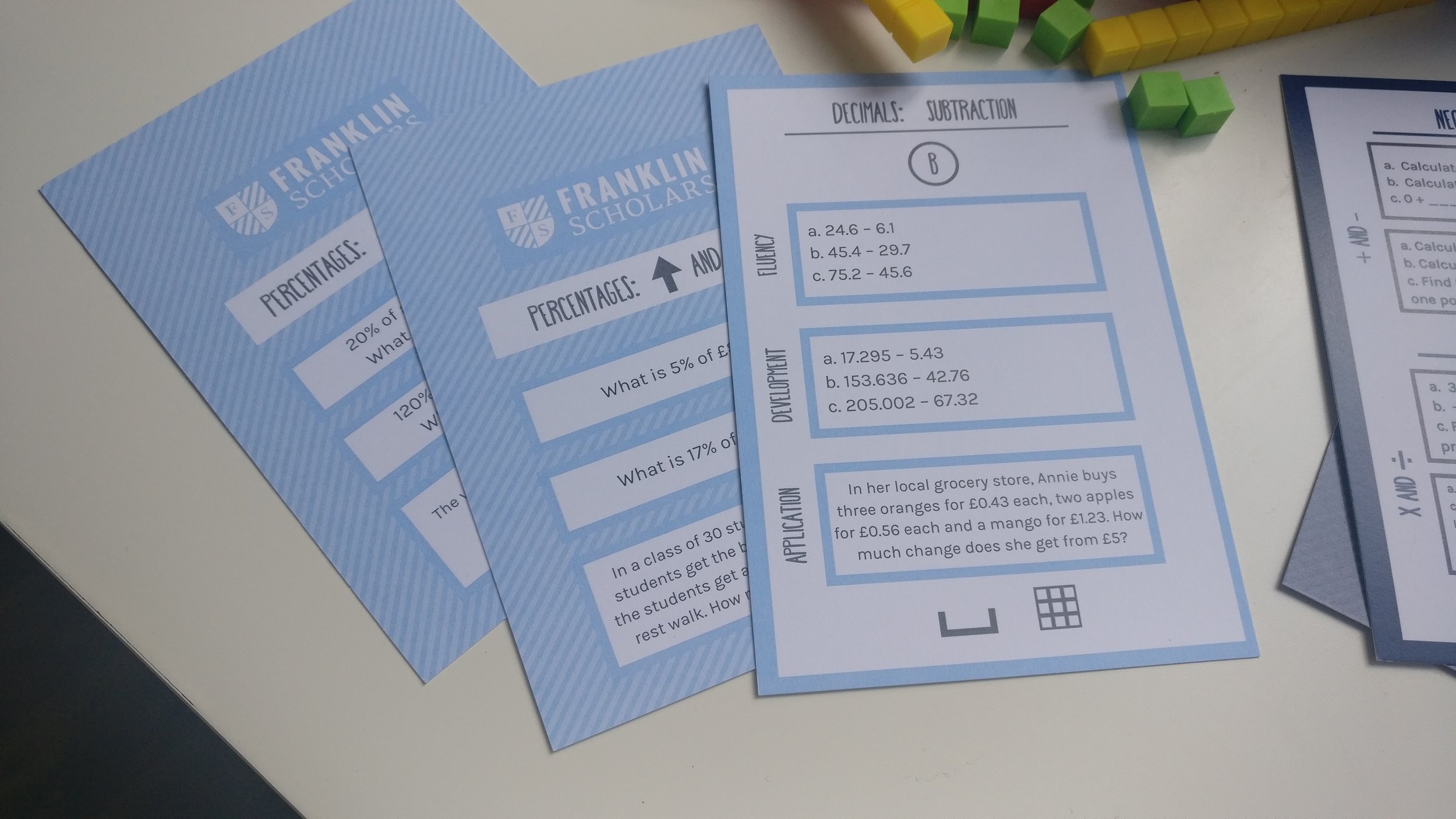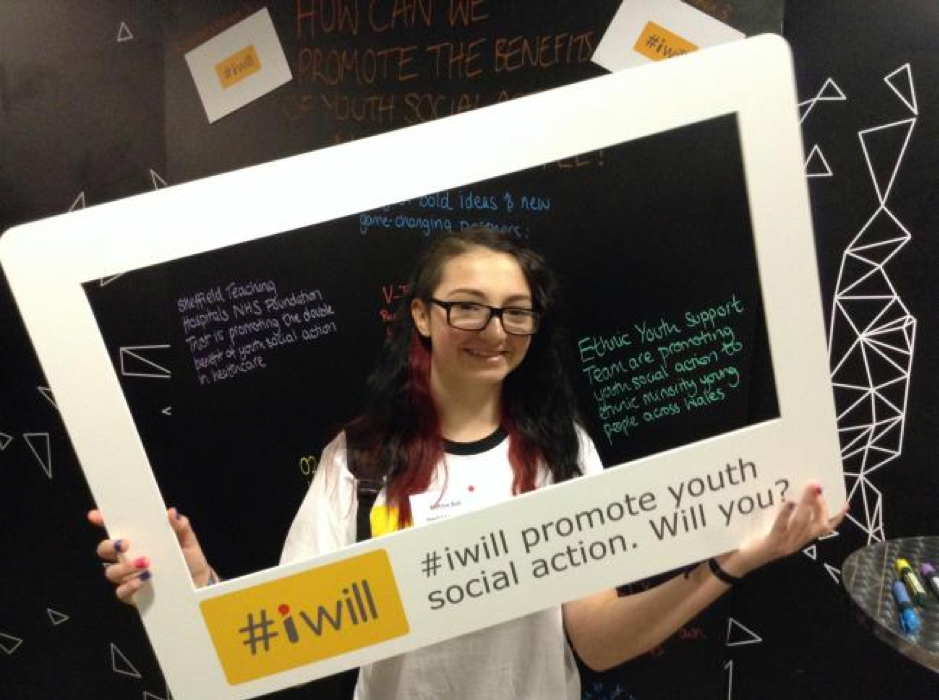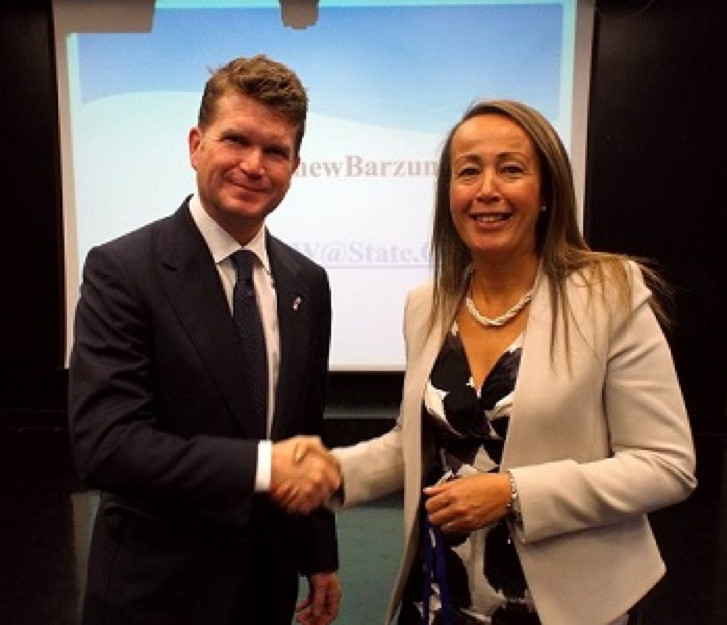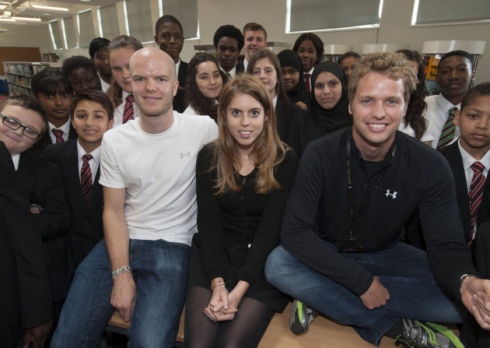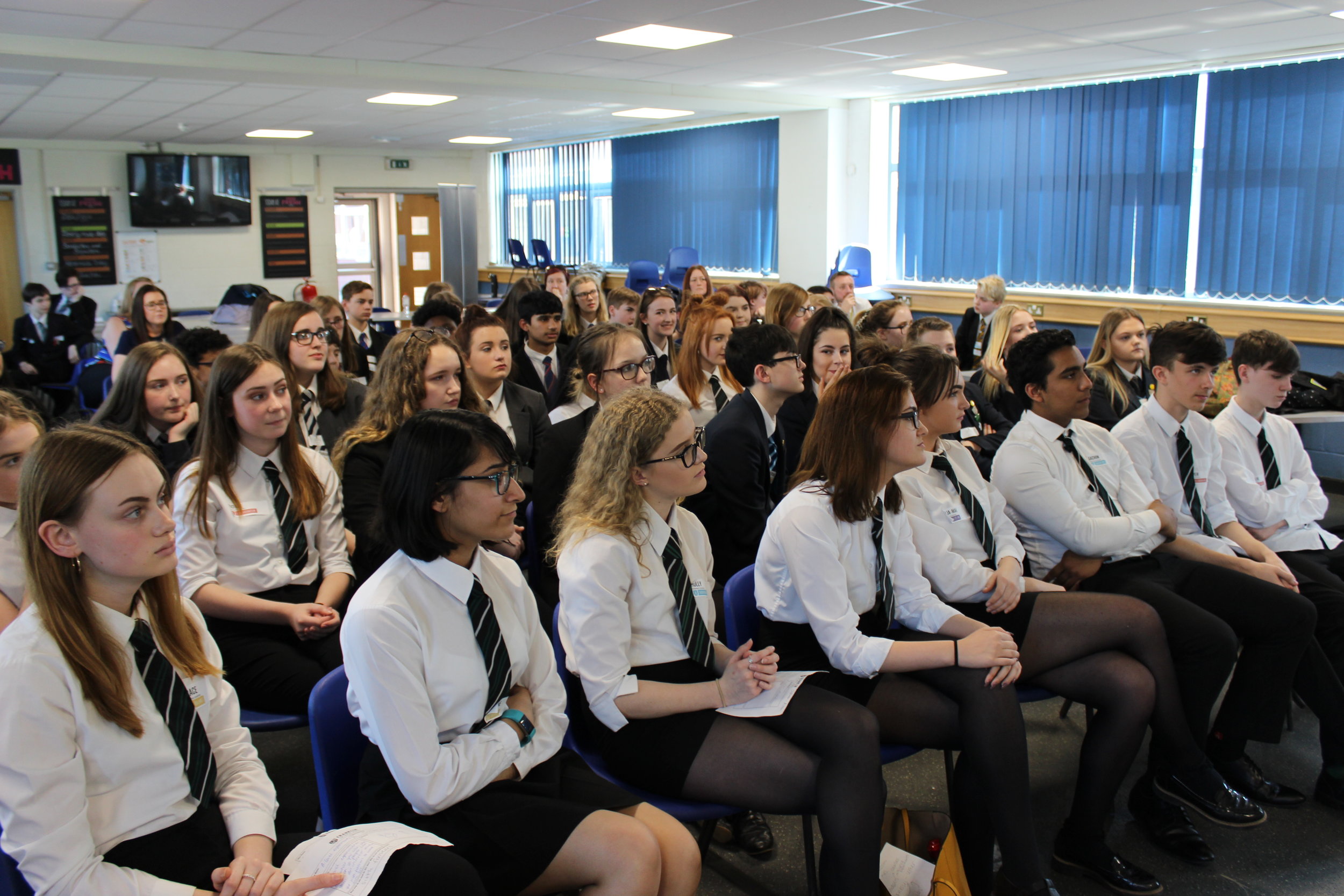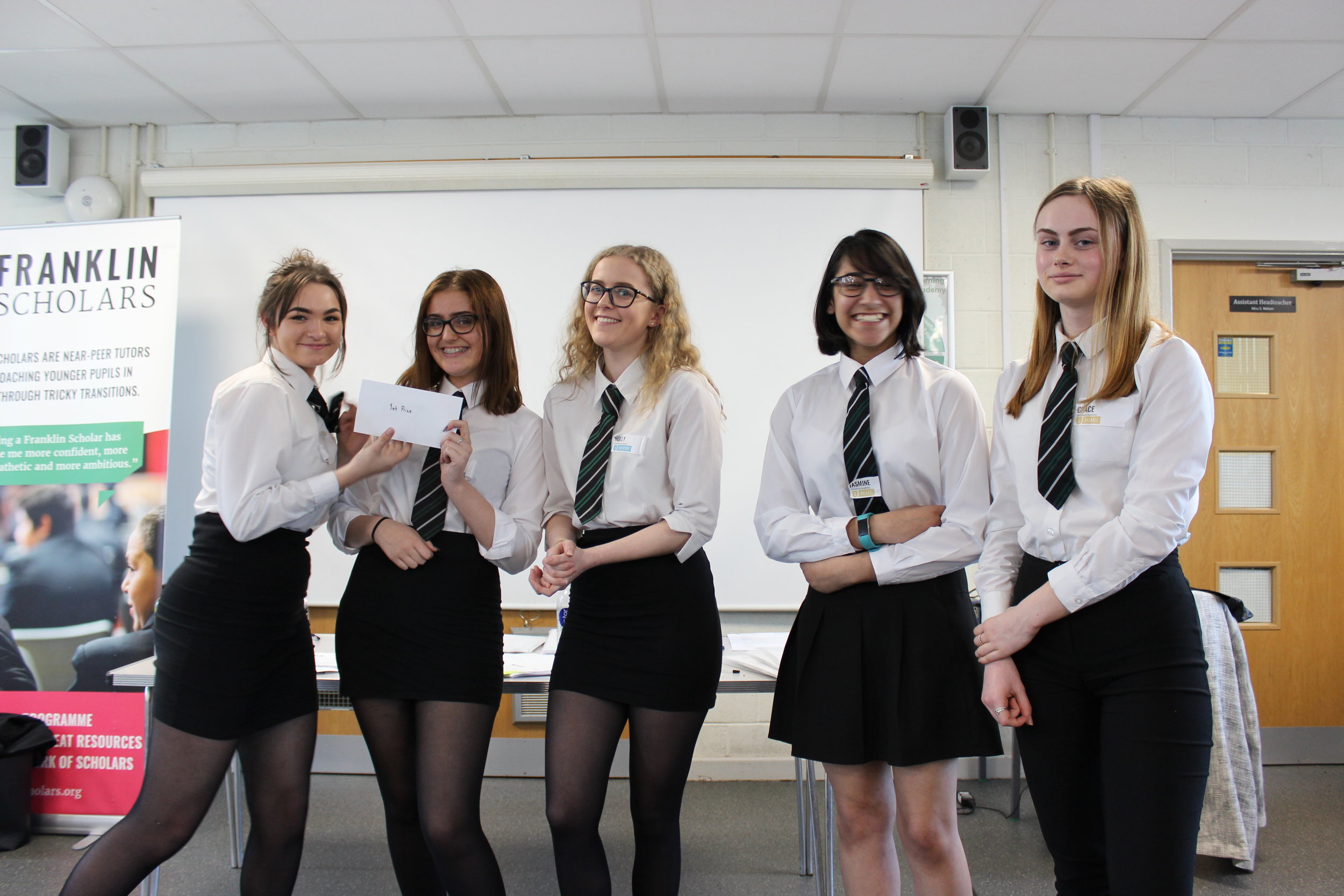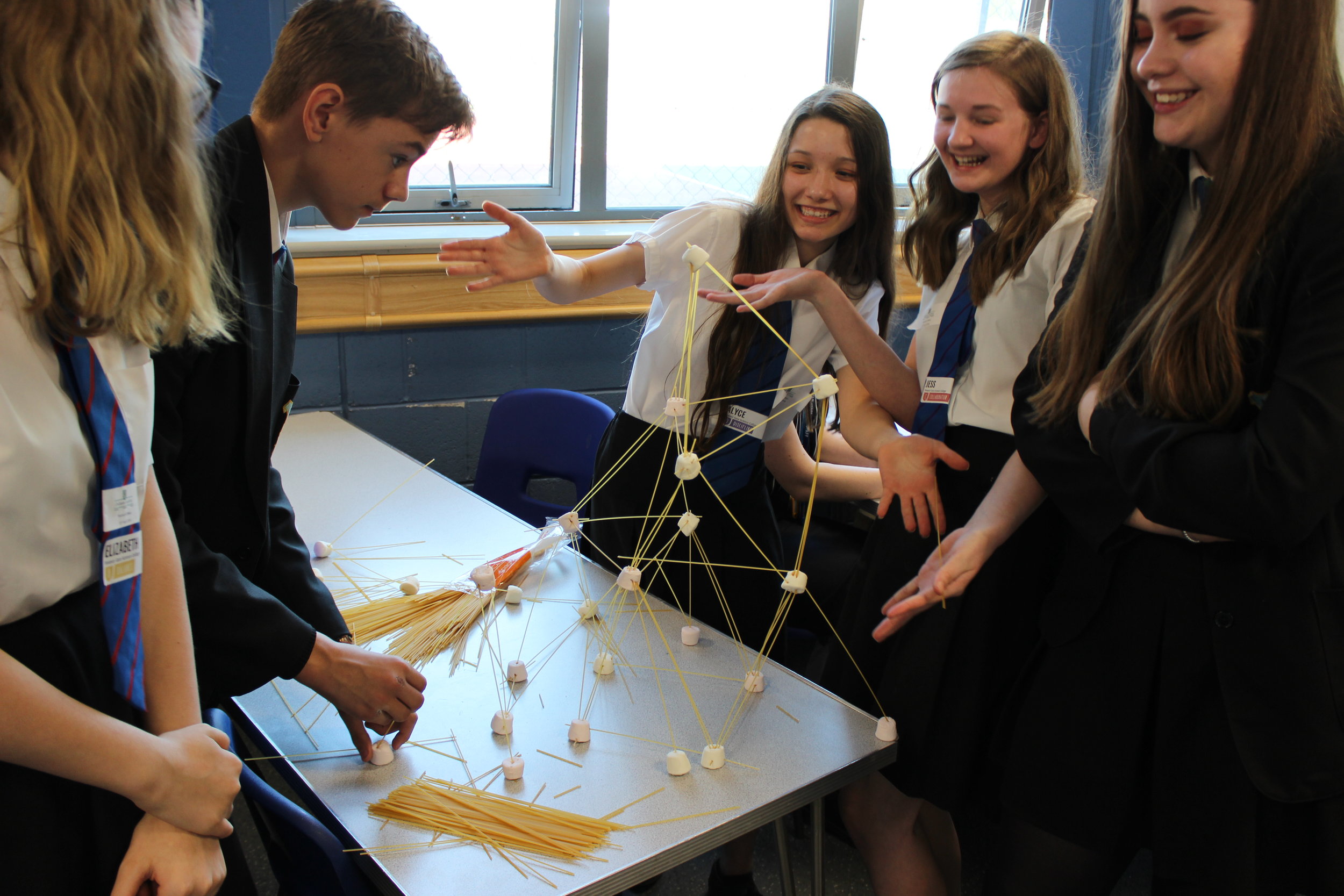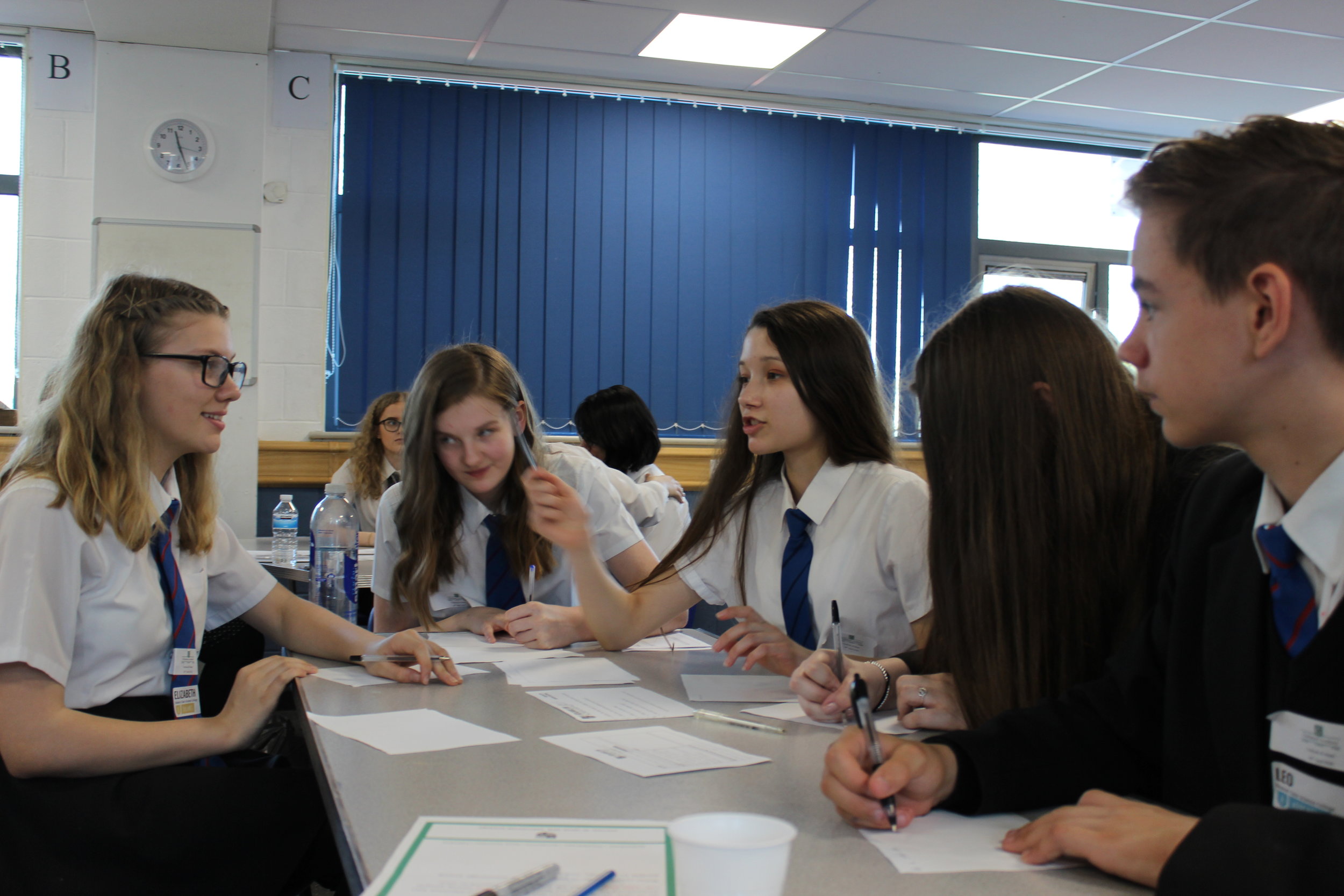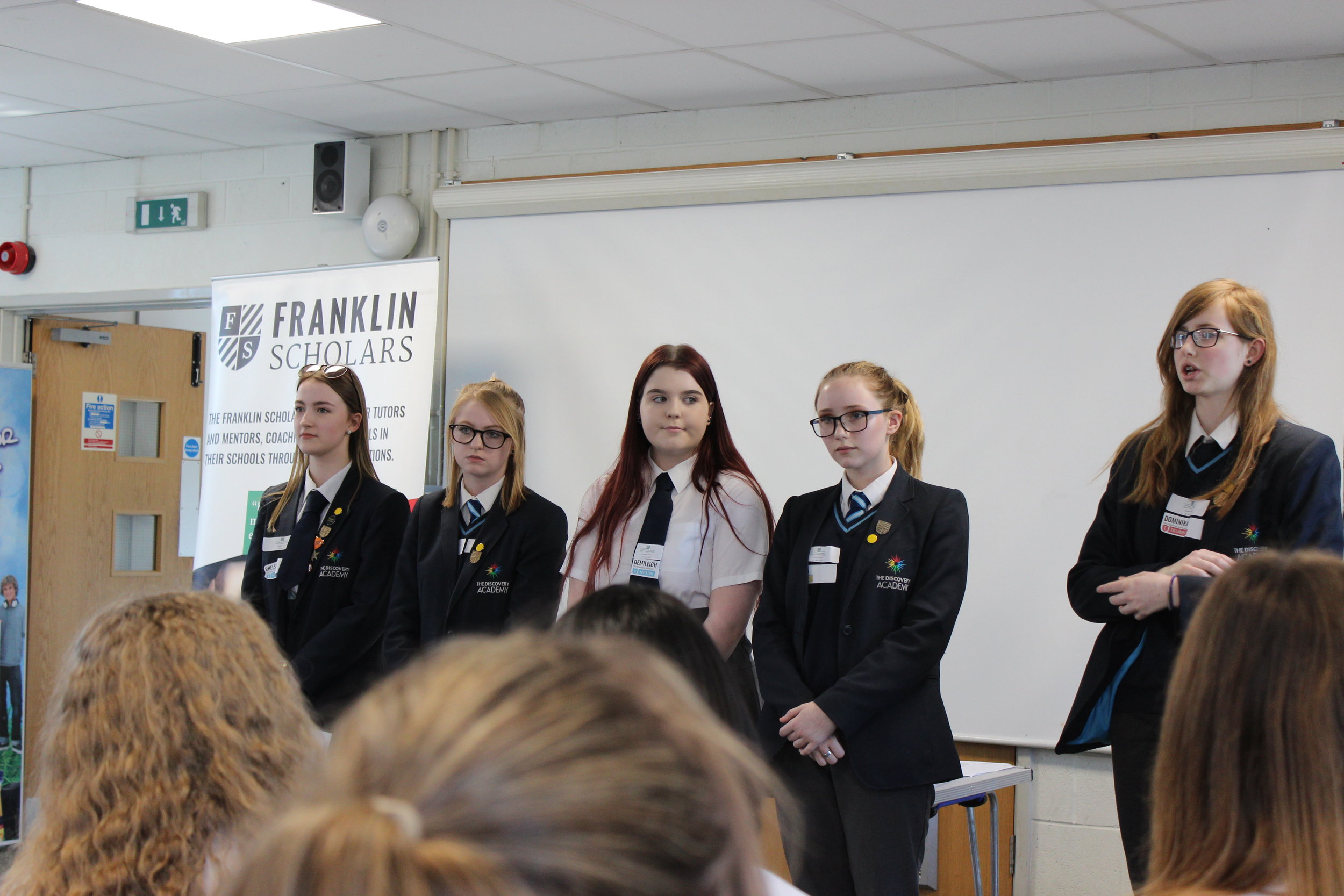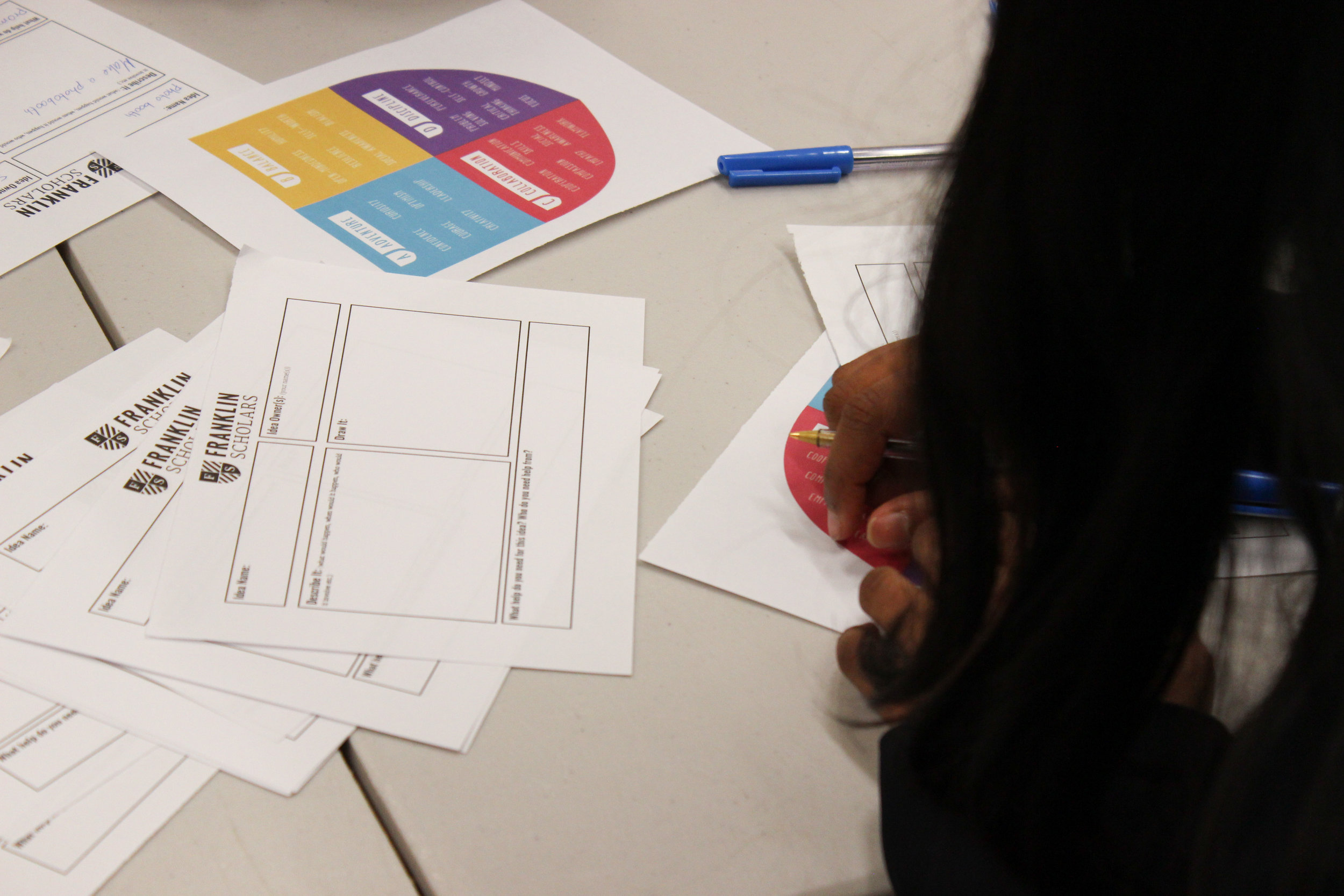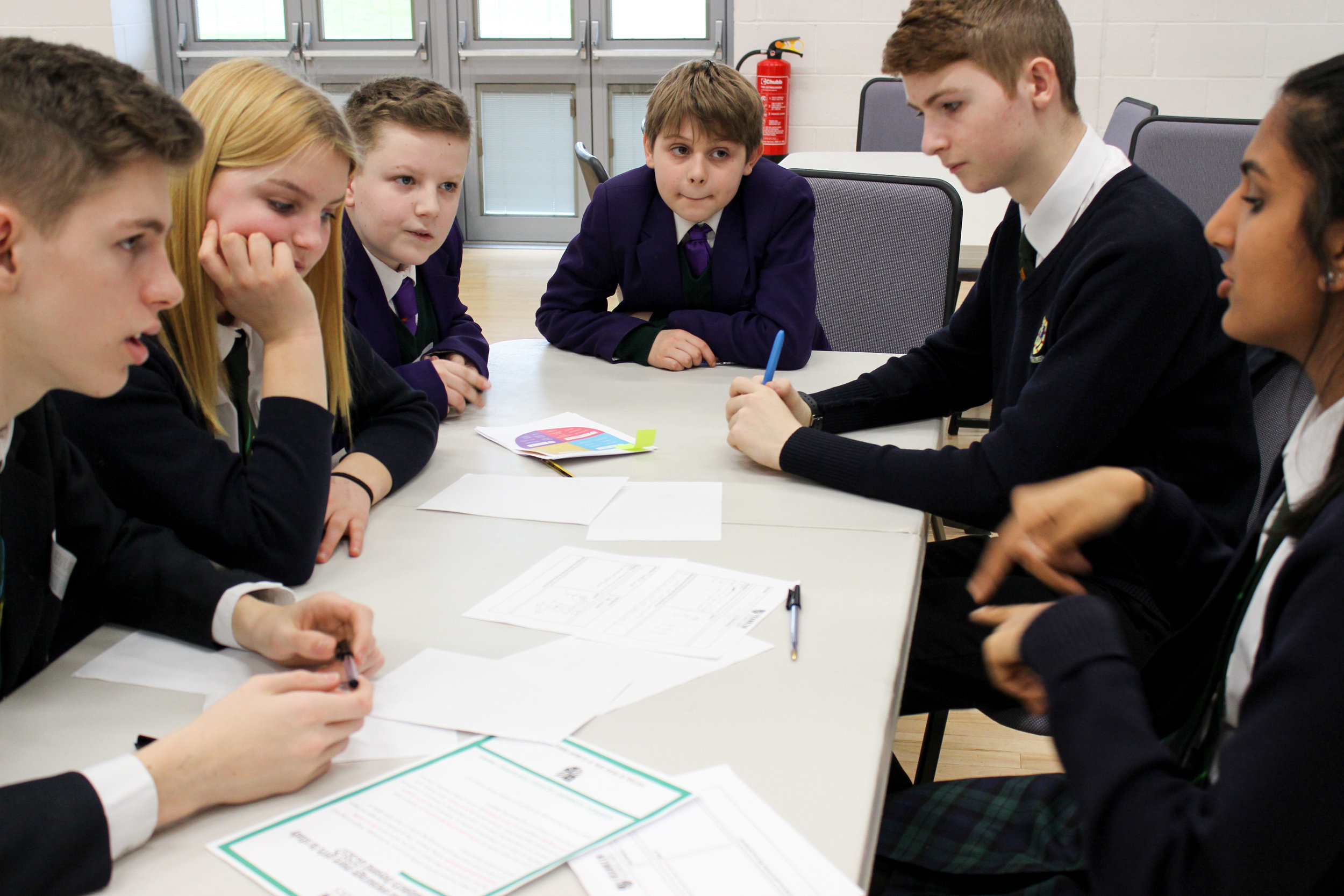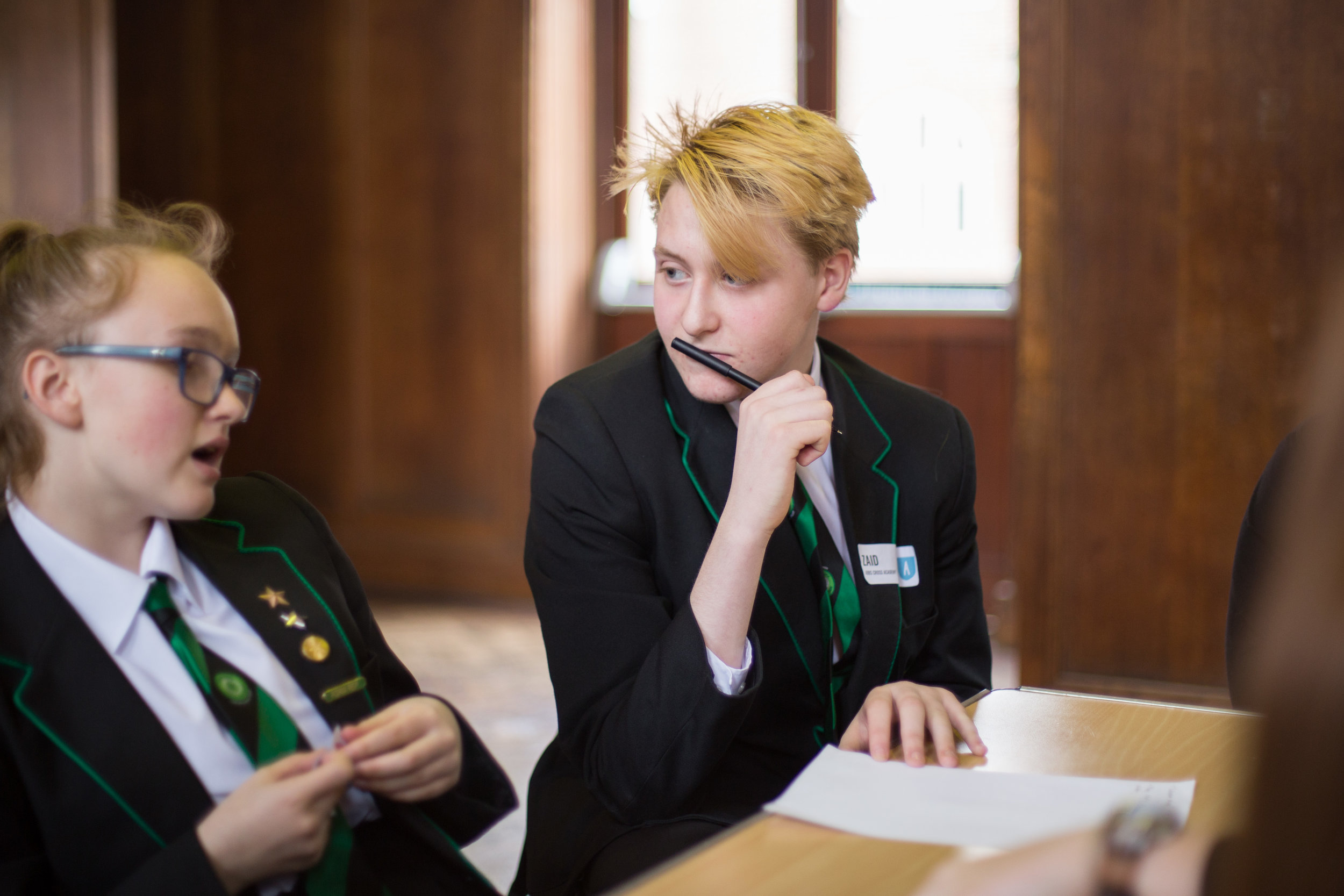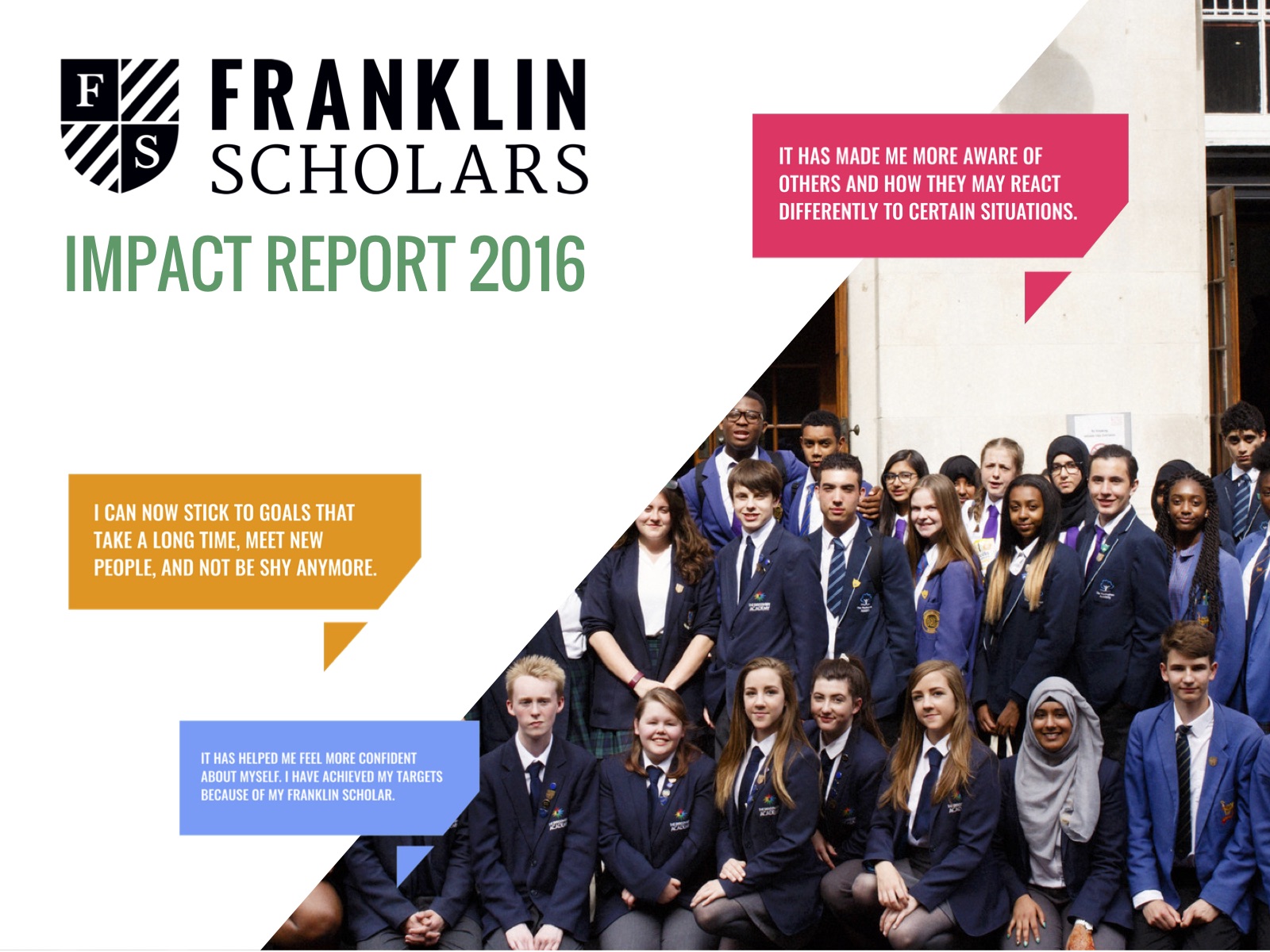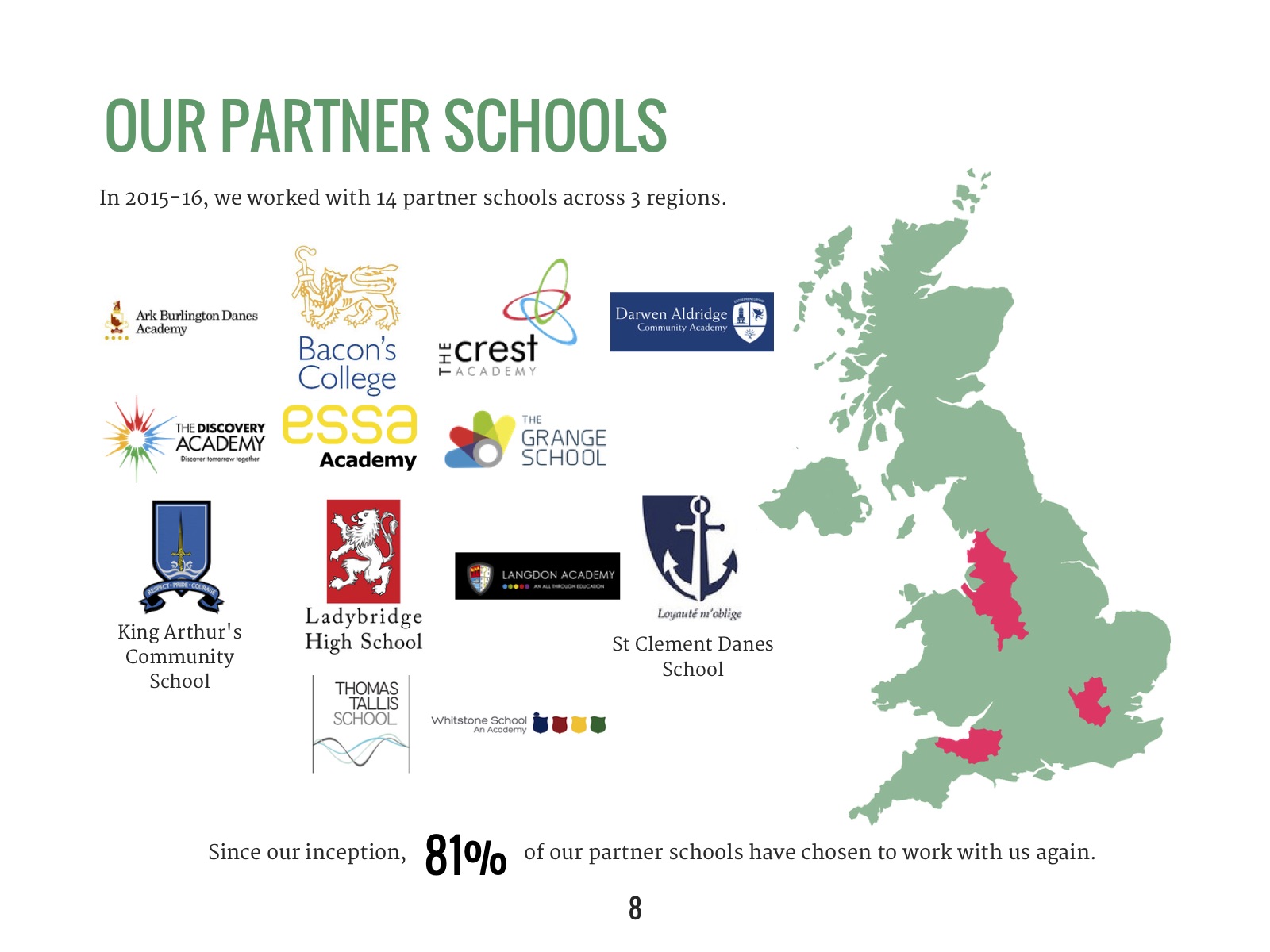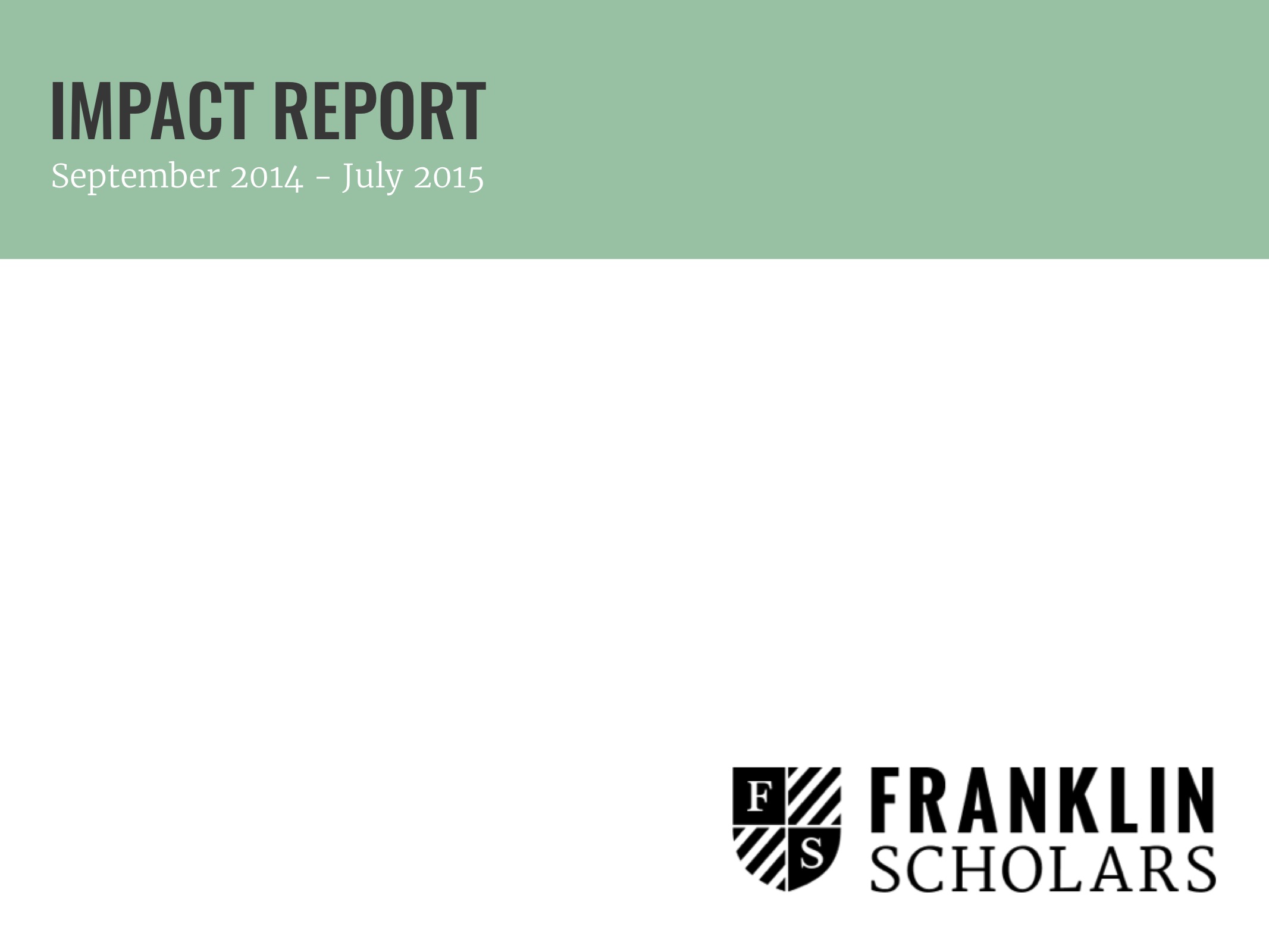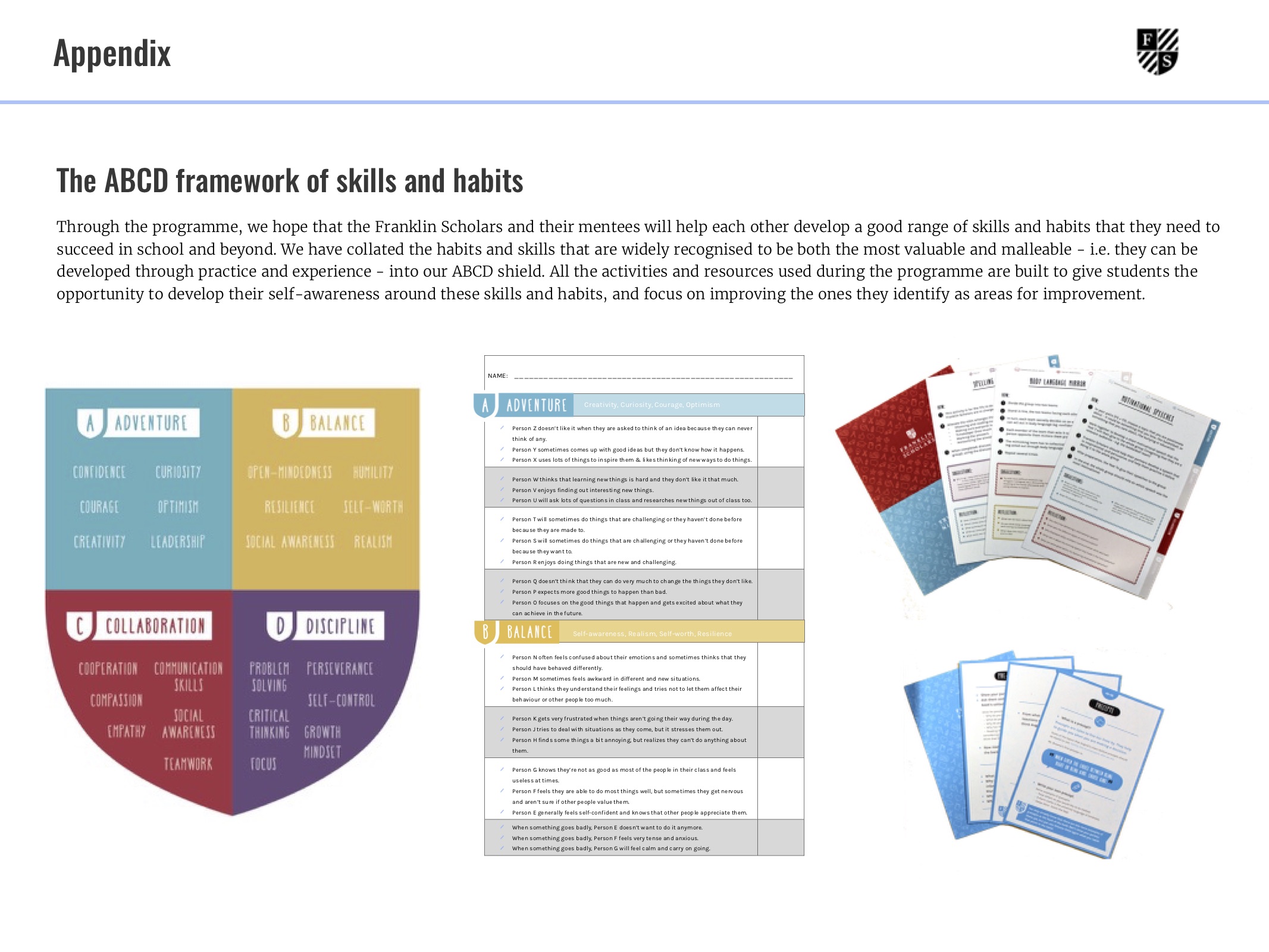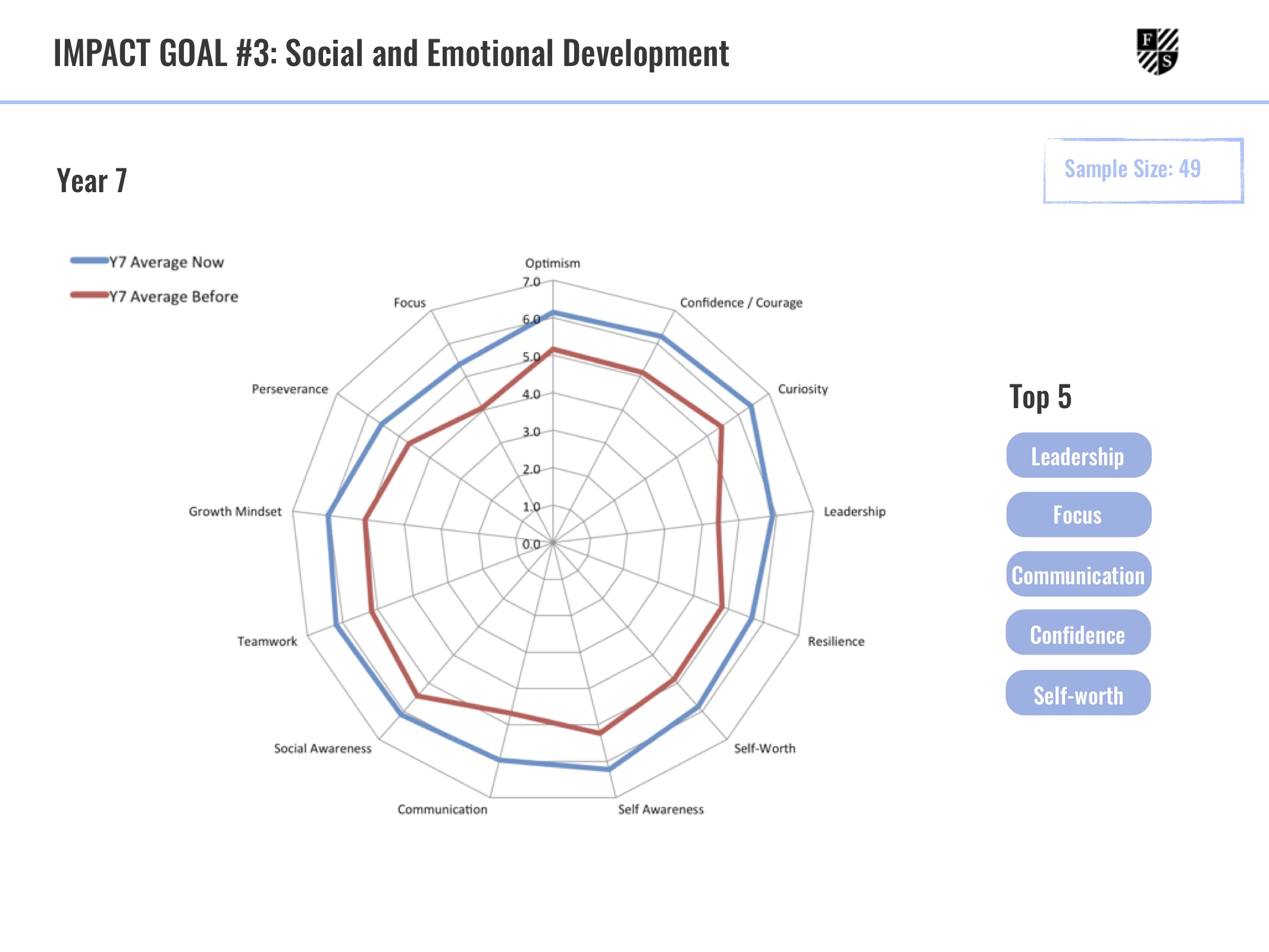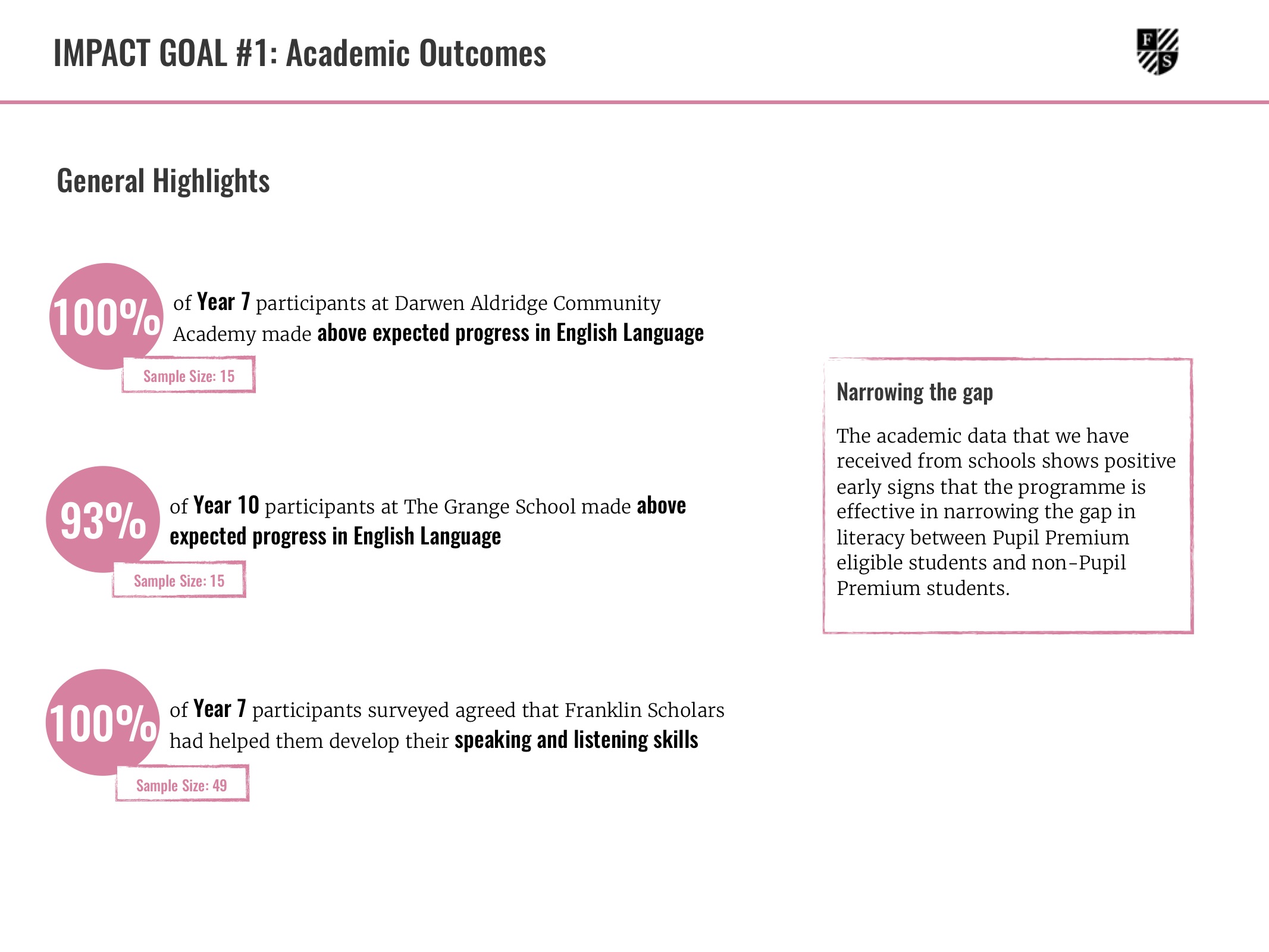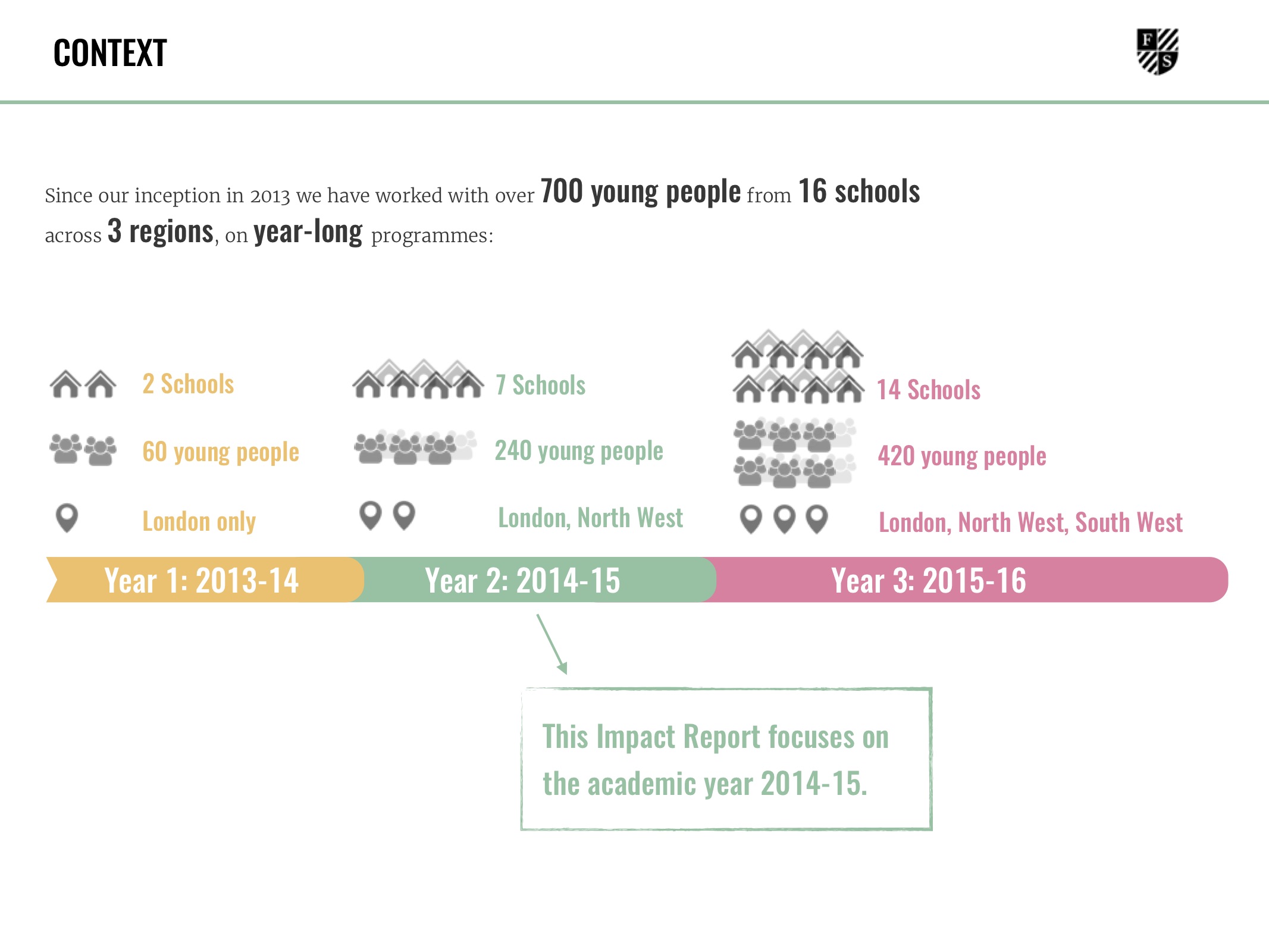As some of you might have noticed from your email inboxes, Franklin Scholars has launched an outreach campaign to increase our number of partner schools in the 19/20 academic year! Now that we have five solid years of programme development and implementation under our belt, and aligned with our new strategic vision, we are actively working to increase the number of schools that we serve every year.
How can our programme help you?
Our beacon peer mentoring programme is a year-long intervention where we recruit and train your most promising older students who then provide a year-long programme of mentoring and academic support to younger students experiencing challenges in school, be they academic or socio-emotional. More information about our programme (with literacy and numeracy focus areas), our impact, and what the students think can be found here, on our website. Our programme is effective at closing the attainment gap, and we track progress in each school through school-specific impact reports on participant progress and wellbeing.
Our programmes can be used on a number of different year groups, depending on your needs. For example, we have experience in running Year 10 - Year 7, Year 12 - Year 7, and Year 12 - Year 9 programmes. We have also done training days in Sixth Forms and provided programming for Primary Schools.
We use data to track how our programmes benefit students. As such, we are thrilled that for the 19/20 academic year, an independent assessment will likely be undertaken of our programme (which will confirm how our intervention helps students, and allow us to further improve our intervention as well).
What kind of partner schools are we looking for?
We work with schools across England (having worked in 50 schools across six different regions!) and our programme is designed to fit within a wide range of school contexts. We are looking for partner schools interested in improving academic as well as social and emotional outcomes for key pupils in the student body. Our intervention is highly structured with in-school training and assistance provided at specific points during the year. The schools that benefit the most from our programme, are those who work in partnership with us to ensure appropriate student referral into the programme. In addition, positive impacts from our programme increase in schools that continue working with us year-on-year.
It’s important that schools nominate a programme leader to be our main contact point throughout the year; this programme leader can expect to spend approximately one hour per week on the programme (supervising the students, who are trained to run the programme by themselves). We know, however, that school workloads are high. For this reason, we will be rolling out more support for programme leaders in the 19/20 school year, including weekly virtual ‘office hours’ where our programme staff will be ‘on call’ to help address any issues the school might have (in addition to our existing support mechanisms).
Are there opportunities for programme subsidies and discounts?
We know that school funding landscapes are tight, and we have therefore reduced the costs of our programme as much as we can. We also know that the number one reason why schools decline to work with us is because they cannot afford our programming. For the 19/20 school year, we are offering the following subsidies and discounts to schools who qualify:
1) Select schools in Category 5 and 6 areas may be eligible for a one-time £1,000 subsidy (a 20% discount on a 30-student programme) of our programme in the 19/20 school year. This is thanks to generous donor funding received specifically for this purpose.
2) Schools that sign up for two years of our intervention, will be eligible to receive a 10% discount on the cost of the programme over two years (whether they sign up for a 30-student or 60-student programme).
3) Schools that successfully refer us to another school will be eligible for a one-time discount and schools are able to reduce the per-pupil cost of our intervention by 25% by signing up for a double (60-student) programme instead of a single (30-student) programme.
What are the next steps?
We’re spending the next few months actively speaking with schools across England, working to develop new partnerships and answering questions about whether our programme is right for you. These conversations typically start with a phone call or an in-person meeting, with follow up meetings as needed. We often provide references to existing partner schools and are happy to set up school visits for potential partner schools to see our programme in action! As schools begin to articulate their 19/20 budgets, we continue to provide information as needed, with decisions on school partnerships made between April and June. Since our interventions are aligned with the academic year, our programmes will kick off in September 2019!
Interested in finding out more? Contact us for more information!

